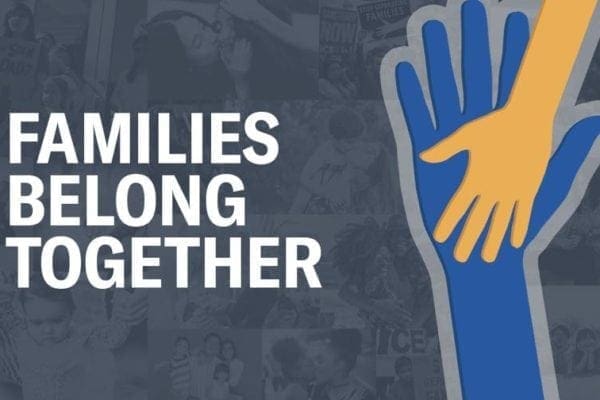
REJECTION
My daughter-in-law and granddaughter recently taught me something so profound that, as the kids say, my mind was blown!
After spending the day with my granddaughter, I told her mother the following story: I sat cross-legged in the middle of the room with my granddaughter nestled in my lap when my unsupported back started aching. I lifted the toddler to one side, reassuring her it would take a minute to scooch back against the couch. Instantly, she slumped to the floor and emitted woeful sounds between whining and crying.
Fifteen seconds later, with my back propped, I motioned for the little darling to climb back into my comfy lap. She went from abject misery to big smiles so fast one might suspect they had just seen an award-winning Broadway performance.
My daughter-in-law explained her child’s behavior in a way that immediately shifted how I view conflict in relationships: “Yes, she always does that when she feels even a little bit rejected.” Wow! It was an amusing toddler episode, but I hadn’t thought deeply about the mini-meltdown. I probably would have said she wanted to get her way if asked. But then I saw the assumption that naturally follows from “wanting her way”: The two-year-old was trying to control me.
Rejection provokes an uncomfortable emotional reaction. What do people do when they feel rejected?
- They can retreat, withdraw, sulk, or behave similarly.
- They double down on their argument, trying and trying to convince their audience.
- Sometimes, they get critical and pick a fight.
- Often, they complain to someone else.
When the person receiving the reaction to rejection understands it as an effort to control them, it triggers a reaction to the reaction. Reactions and reactions to reactions are likely learned in one’s childhood family and carried into adulthood.
Lately, when clients complain about their controlling partners, parents, or siblings, I ask them to experiment with replacing “controlling” with “reacting to rejection” and see if it fits their experience. Often, it does.
Considering rejection through a family systems lens leads to the understanding that a perceived rejection stimulates anxiety (sensitivity to a real or imagined threat). A reaction to rejection frequently occurs in the context of an emotional triangle: “You are choosing that person over me.”
Some families are extremely sensitive to perceived rejections, while others mostly experience them as no big deal. The degree of sensitivity will determine the intensity of the reaction—and the intensity of the reaction to the reaction—in escalating automatic patterns that repeat over time. Shifting from interpreting a reaction as controlling to recognizing rejection can interrupt the pattern of automatic reactions and escalations.
Another equally powerful interruption opportunity occurs if the person feeling rejected realizes that their feeling is not a fact. Disagreements are not rejections.
Anyone can run either of these experiments:
- Is this really rejection, or does it just feel like it?
- Is this really control, or could it be a reaction to rejection?
Let me know the results of your experiment.


